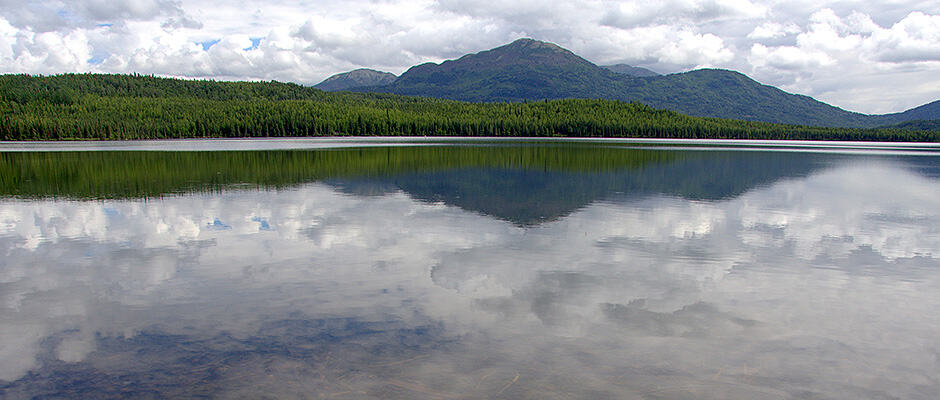Share this article
Improving Public Perception of Environmental Damage
A recent study looking at public perception shows that history has a tendency to soften the damage of some of the worst villains.
Spruce bark beetles (Ips typographus) — originally from Europe — have been invading and attacking Alaskan forests for the past few decades, killing over 1 million acres of trees on the Kenai Peninsula. And while the so-called dead “beetle trees” can cause danger to humans from falling, affect scenic views and allow for increased soil erosion, perception of the beetles and the damage they cause has improved over time.
“Although the beetle outbreak remains a significant issue on the Kenai Peninsula, the perceptions of residents about the level of seriousness of the beetle kill problem in the area have actually decreased during the study period,” said Hua Qin in a release. Qin is an assistant professor of rural sociology and sustainable development at the University of Columbia-Missouri and lead author of a study published recently in Human Ecology.
“This shows the importance of understanding and addressing the human elements associated with natural hazards and other environmental problems,” Qin said. “Human perceptions of events are not always in line with the realities of situations, so it is important for government agencies and other responding organizations to realize this complex phenomenon and address it when dealing with these types of problems.”
Qin and his team looked at data collected in two phases over a four-year period. In the first phase, more than 1,000 people completed mail surveys asking about their perceptions of the beetle damage as well as rating the government response to the problem.
In the second, 766 participants were re-surveyed and while there had been little change in tree mortality or natural regrowth in that area, residents’ responses indicated they believed the problem was less serious in the second phase. Respondents were also more satisfied with government response, especially in areas with ongoing beetle impacts.
Qin said that the results have wider implications for human perceptions of other ongoing problems that affect environments for long periods of time.
“It says much about human adaption to find that perceptions of environmental problems change over time,” Qin said. “As we see increased environmental effects due to climate change in the future, it is important for those working in government agencies, such as the U.S. Forest Service, Environmental Protection Agency and the Federal Emergency Management Agency, to understand this temporal effect on human attitudes about environmental problems as it could provide valuable information about how to handle the social aspects of future environmental issues.”
Header Image:
Burney trail in Alaska’s Kenai National Wildlife Refuge. A new study shows that public perception of beetle destruction in the Kenai Peninsula has improved over time despite no improvement of the invasive problem.
Image Credit: Maureen via flickr








